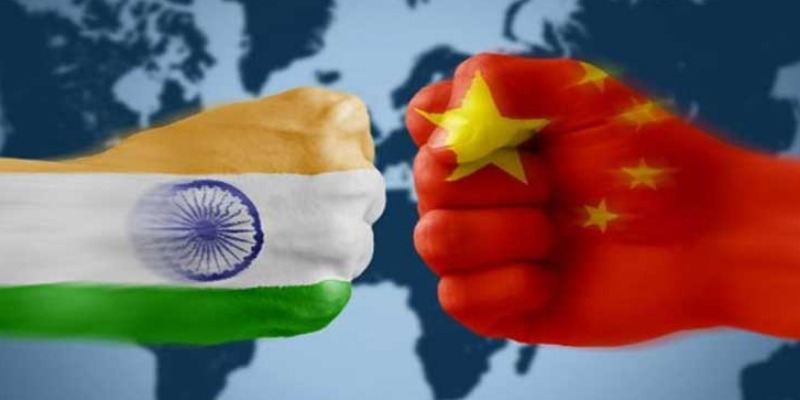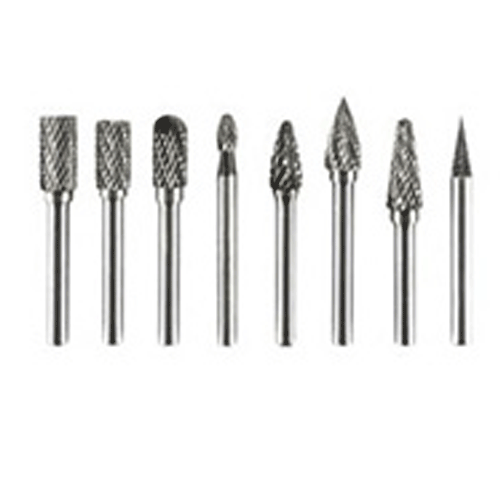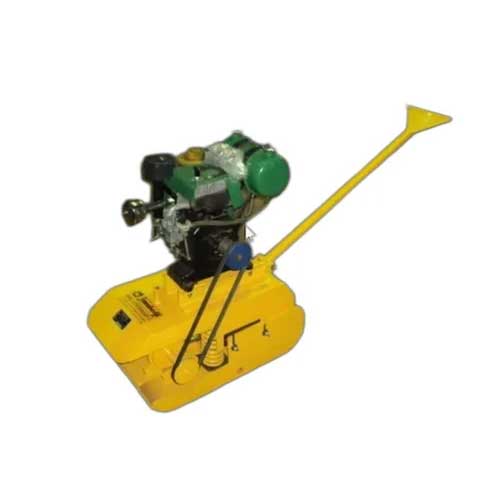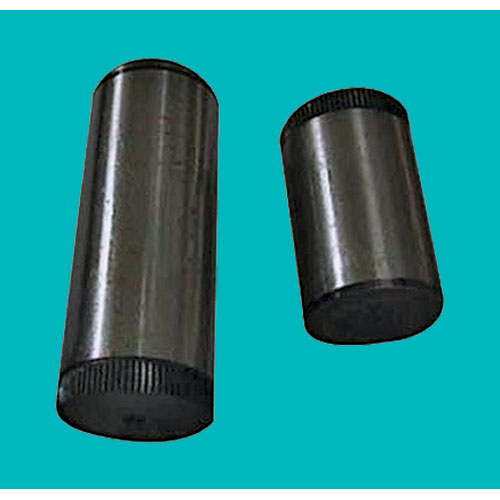Schedule a Call Back
Enable MSMEs to fight competition
 Industry News
Industry News- Oct 05,20

Image Credit: https://bit.ly/2G6pOtB
The clamour for boycott of Chinese goods in India is growing due to the heightened tension at the Galwan border in Ladakh where 20 Indian soldiers were killed in action on the night of July 15. Confederation of All India Traders (CAIT) has already prepared a list of 3,000 non-essential Chinese products that it intends to boycott with an aim to reduce overall imports by Rs 1,000 billion ($ 13.3 billion) by December 2021. As per data just in, auto components and parts imports from China dropped by around 42 per cent during April-July 2020 to $246.33 million from $424.32 million, a year ago. Internal combustion (IC) engines and imports reduced to $58.78 million from $89.57 million, according to the Ministry of Commerce and Industry data. Last year, India imported components worth $17 billion, of which China accounted for 26 per cent or $4.5 billion. The rest came from South Korea, Germany and Japan, among others, as per data from Auto Component Manufacturers' Association of India (ACMA). ACMA Director General Vinnie Mehta attributed the drop to a decline in vehicle production due to the lockdown. However, he believes that while localisation of components will take some time, with the Government's effort and industry's initiatives, positive results will show in the next 12-18 months.
China and the US are India’s largest trading partners. While India has a trade surplus with the US, it has a huge trade deficit with China. India's imports from China totalled $ 65.1 billion in fiscal 2020 and exports at $ 16.6 billion, which translated into a trade deficit of $ 48.5 billion.
Electrical machinery forms the biggest commodity that is imported into India from China at $ 19.1 billion followed closely by nuclear reactors, boilers, machinery and mechanical parts at $13.32 billion, organic chemicals at $7.9 billion, plastic goods at $2.7 billion and fertilisers at $1.8 billion.
Raising duty or boycotting Chinese products is easier said than done. For example, India - the leading exporter of pharmaceutical products in the world - imports nearly 70 per cent of pharmaceutical ingredients, which are required to make these products, from China. Any disruption of Chinese supplier will raise the cost of medicine, thus India losing its competitive edge in the global market. There are similar such products.
Given the dependence of Indian manufacturers on Chinese components and raw materials, the Indian Government should avoid any knee-jerk policy measures. It should think rationally and act smartly.
First, the government has to empower local manufacturers which are currently facing myriad problems due to coronavirus. The government should draw a long-term plan (may be for five years) to encourage local production for gradual substitution of Chinese imports. Simultaneously, India can plan to diversify sourcing away from the Northern neighbour to other countries as a mitigation strategy. It can also look at non-trade barriers and anti-dumping duties - in compliance with international trade norms - to curtail Chinese imports for products which are already produced in India or for which an alternative is available. Further providing an enabling export platform for MSMEs to enhance their scale remains a ‘work in progress’ and needs immediate attention.
All these measures will, in all likelihood, result is price escalation in a short term which needs to be managed by right policy initiatives.
Globally, there is a strong sentiment against China because of its recent hardball trade and diplomatic tactics as well as the widespread belief that it deliberately suppressed information about COVID 19 in the early days of the outbreak. As a consequence, many US, European, Japanese and South Korean companies are considering a significant restructuring of their global supply chains away from China.
Although COVID 19 can dampen demand for the coming years, it does provide an opportunity for global trade rebalancing, and India needs to play its cards right to gain something out of this catastrophe.
-Pratap Padode, Editor-in-Chief, Industrial Products Finder & IPFonline.com.
Related Stories

C-DEP–IIT Delhi Study Flags Tech Logistics Gains for MSMEs, Warns of GST Risks
C-DEP–IIT Delhi study shows tech-enabled intra-city logistics cut MSME costs, boost efficiency, but warns GST 2.0 may raise taxes.
Read more
Rewarding Manufacturing Resilience
Effective January 1, 2026, Mexico imposed import duties ranging from 5 per cent to 50 per cent on a broad set of goods from non-free trade agreement (FTA) countries, including India, China, South Ko..
Read more
EV shift, trade pressures threaten India’s auto components: Tushar Bhaskar
India’s auto component industry faces mounting risks as EV-led technology shifts, trade pressures, and critical material dependence threaten its global competitiveness.
Read moreRelated Products

Carbide Burrs
SRT Industrial Tools & Equipments offers a wide range of carbide burrs.

Jamshedji Soil Compactor
Jamshedji Constro Equip Pvt Ltd offers a wide range of jamshedji soil compactor.

Ground Pins
Hans Machineries Private Limited offers a wide range of pins, hardened & ground. Read more
















